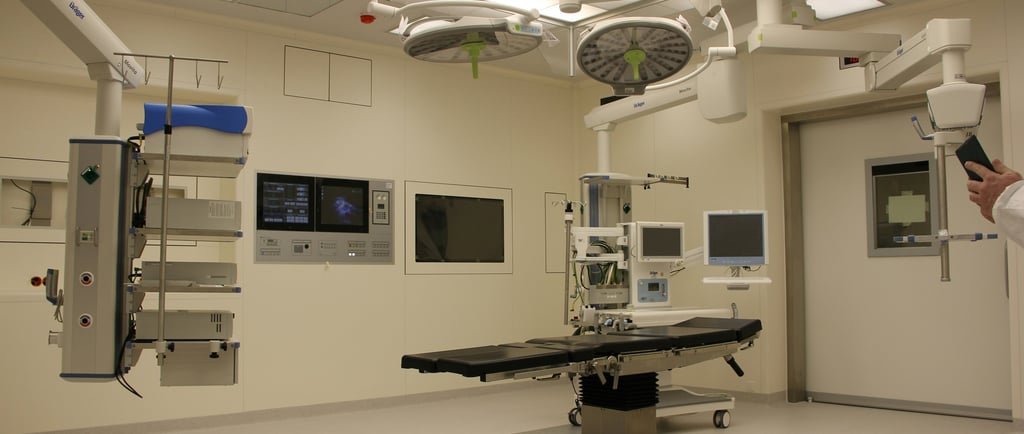Why Hospitals Trust Third-Party Biomedical Service Providers
10/9/20252 min read


In the ever-evolving landscape of healthcare, hospitals face immense pressure to maintain high standards of patient care while navigating tight budgets, strict regulations, and increasingly complex medical equipment. To meet these challenges, more and more hospitals are turning to third-party biomedical service providers—and for good reason.
Here’s why these partnerships are becoming essential to modern healthcare delivery.
1. Cost-Effective Expertise
Running an in-house biomedical department comes with significant operational costs, from technician salaries to ongoing training and equipment. Third-party providers help hospitals reduce these overheads by delivering expert services on an as-needed or contracted basis.
Instead of compromising on quality, hospitals gain access to highly trained biomedical technicians without the long-term financial burden.
2. Broad Technical Knowledge Across Equipment Types
Third-party biomedical teams are often cross-trained across a wide range of manufacturers and equipment types, from vital sign monitors and anesthesia machines to defibrillators and surgical tables. This allows for more efficient troubleshooting and faster resolutions—especially in facilities where a mix of old and new technology is in use.
Their depth of experience ensures that equipment is maintained and repaired correctly the first time, minimizing recurring issues and equipment downtime.
3. Compliance with Regulatory Standards
Staying compliant with agencies such as NFPA, The Joint Commission, AAAHC, and Departments of Health (DOH) is critical for every healthcare facility. Third-party service providers make it their business to stay current on evolving codes and standards—whether it’s NFPA 99 requirements for electrical systems in healthcare or documentation standards required by The Joint Commission and AAAHC.
They provide proper tagging, testing documentation, preventive maintenance schedules, and calibration records—ensuring that everything is audit-ready and meets inspection criteria.
4. Scalable and Flexible Support
Healthcare environments are dynamic. Whether a hospital is expanding services, undergoing renovations, or managing seasonal surges, third-party providers offer scalable solutions. From single-device repairs to full equipment inventory management across multiple locations, these providers adapt quickly without compromising service quality.
Their ability to scale with a facility’s needs ensures continuous operations during growth or change.
5. Minimized Downtime and Quick Turnaround
Unexpected equipment failures can disrupt daily operations and pose serious risks to patient safety. Third-party biomedical service providers often deliver faster response times than OEM service teams by utilizing localized support networks and dedicated personnel.
Their prompt service and commitment to maximizing equipment availability help hospitals maintain smooth workflows and prevent delays in patient care.
6. Streamlined Focus on Patient Care
Outsourcing biomedical services enables clinical teams and administrators to focus on core priorities—like delivering excellent patient care—instead of managing technical repairs or coordinating inspections. This division of responsibilities allows for smoother operations and fewer distractions from patient needs.
Building Trust Through Results
The growing trust in third-party biomedical service providers is rooted in reliability, technical skill, regulatory expertise, and the ability to meet the demands of modern healthcare environments. These partnerships are not just about saving money—they're about improving equipment performance, supporting compliance, and ultimately enhancing patient outcomes.
Services
Expert repair and inspection for medical equipment. Follow us on socials
Ready to streamline your medical equipment services? Call us today! 732 928 4212 x5
© 2026. All rights reserved.

